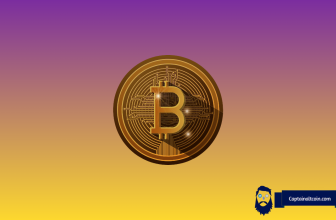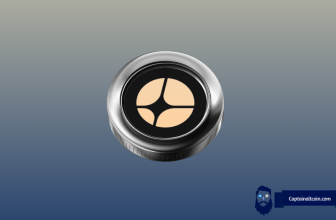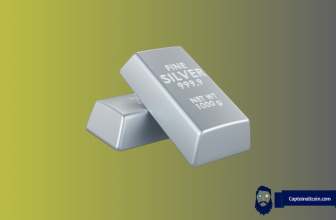Crypto projects that promote decentralization of power attract a lot of pro-blockchain enthusiasts. Although different projects may have different functions and utility in the DeFi ecology, some work together to promote the industry’s growth. For instance, Cardano may have a massive influence on developing an upcoming Bitcoin alternative called Bitcoin Spark to revolutionize the ecosystem further.
What is Cardano?
Cardano is a decentralized network designed by Charles Hoskinson in 2015 and launched in 2017 to provide permanent solutions to Ethereum’s and Bitcoin’s faults. The platform’s native cryptocurrency is named ADA, after Augusta Ada King, famously known as the first computer programmer. Validators manage the blockchain through the proof-of-stake consensus Ouroboros mechanism. Like Ethereum, the Cardano network allows the deployment of smart contracts and the development of decentralized applications.
Cardano and Bitcoin Spark could be the next big thing in DeFi
Bitcoin Spark is a crypto start-up that aims to fill gaps left behind by existing networks such as Ethereum and Bitcoin. The network is under development with exclusive features that showcase immense potential to radicalize blockchain technology with advanced technological solutions. Bitcoin Spark is already gaining massive traction among crypto lovers and blockchain enthusiasts who are buying out its ongoing ICO. Bitcoin Spark is in its initial development stages and is selling its BTCS tokens for a discounted price peg of $2 in the ongoing ICO phase three.
While still under development, the project shows a lot of similarities with Charles Hoskinson’s Cardano project. Like Cardano, Bitcoin Spark also uses the proof-of-stake consensus mechanism. However, the validation process in Bitcoin Spark is more complex and more evolved compared to that of Cardano. The proof-of-stake in Bitcoin Spark is combined with Bitcoin’s improved proof-of-work principles to make the network more secure and more efficient to form the proof-of-process consensus. This means that Bitcoin Spark’s validation system is more decentralized and profitable than Cardano’s Ouroboros proof-of-stake consensus.
Additionally, Bitcoin Spark aims to reduce the gas fees and transaction speeds users experience on the Ethereum and Bitcoin networks. This is also among the objectives behind Cardano’s development. Bitcoin Spark developers will improve the TPS of the network by increasing the capacity of a single block, increasing the number of nodes, and lowering the expenditure to reduce transaction costs.
Cardano has a utility and gas token called ADA. Bitcoin Spark’s utility and gas token is BTCS. The smallest unit of BTCS is known as Spark and is equivalent to 0.000000000001 BTCS. BTCS will be used to pay for transaction fees in the network for 1 to 2 years. After this duration elapses, the network will have zero fees, and a burning mechanism will initiate.
Bitcoin Spark is a step ahead in promoting transparency and accountability. Multiple audit platforms have audited the project, and the reports are online. The team has also undergone KYC verification to enhance transparency further.
Bitcoin Spark is also planning to incorporate revenue streams for the ecosystem. Since the mining process in the network consumes less power, miners are required to provide processing power to the network that is then lent out to third parties at a cost paid in BTCS tokens. Additionally, the platform intends to incorporate advertisement slots on the network’s website and mobile applications that will be paid in BTCS tokens.
To get more information on Bitcoin Spark:
Disclaimer: CaptainAltcoin does not endorse investing in any project mentioned in this article. Exercise caution and do thorough research before investing your money. CaptainAltcoin takes no responsibility for its accuracy or quality. This content was not written by CaptainAltcoin’s team. We advise readers to do their own thorough research before interacting with any featured companies. The information provided is not financial or legal advice. Neither CaptainAltcoin nor any third party recommends buying or selling any financial products. Investing in crypto assets is high-risk; consider the potential for loss. Any investment decisions made based on this content are at the sole risk of the reader. CaptainAltcoin is not liable for any damages or losses from using or relying on this content.







